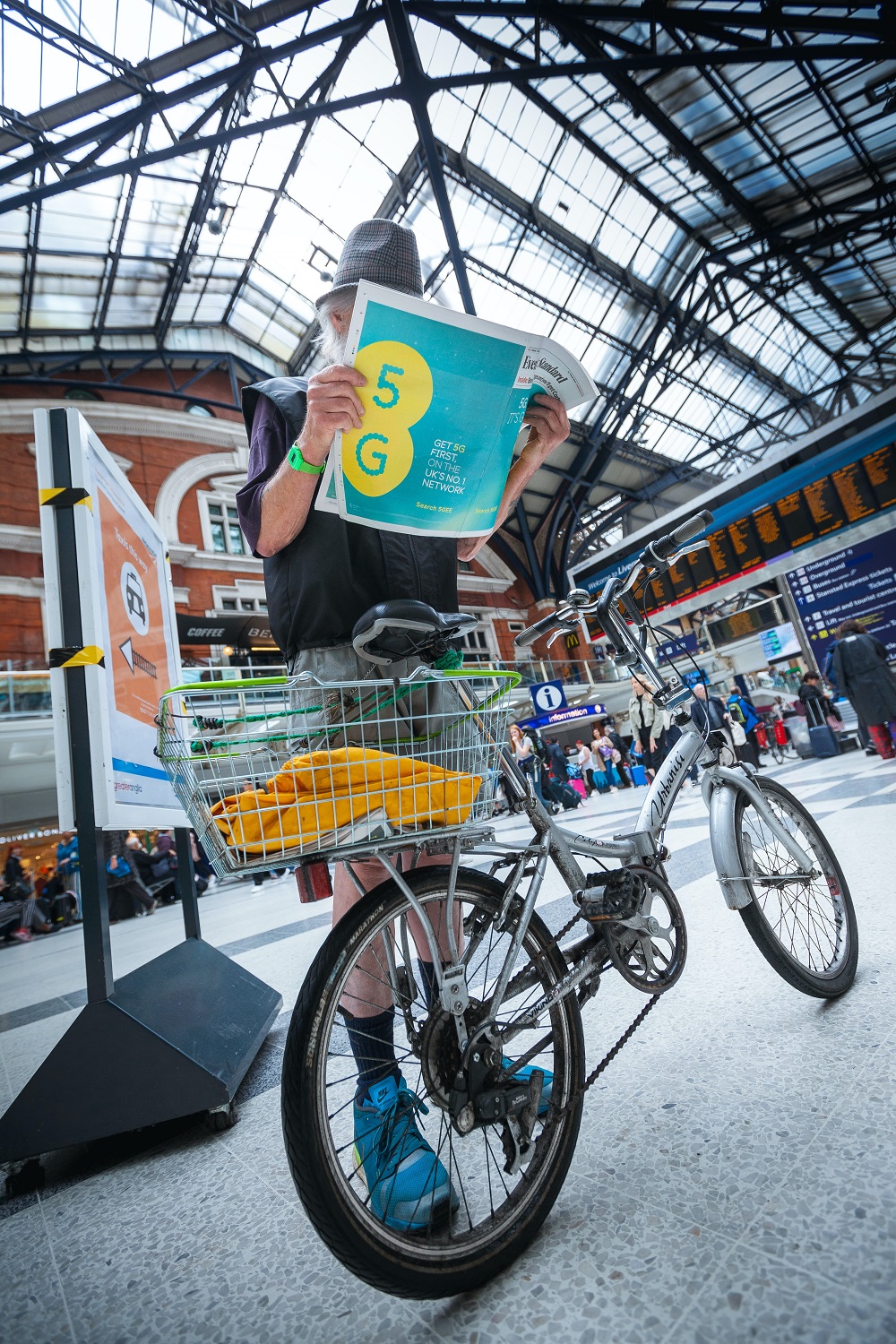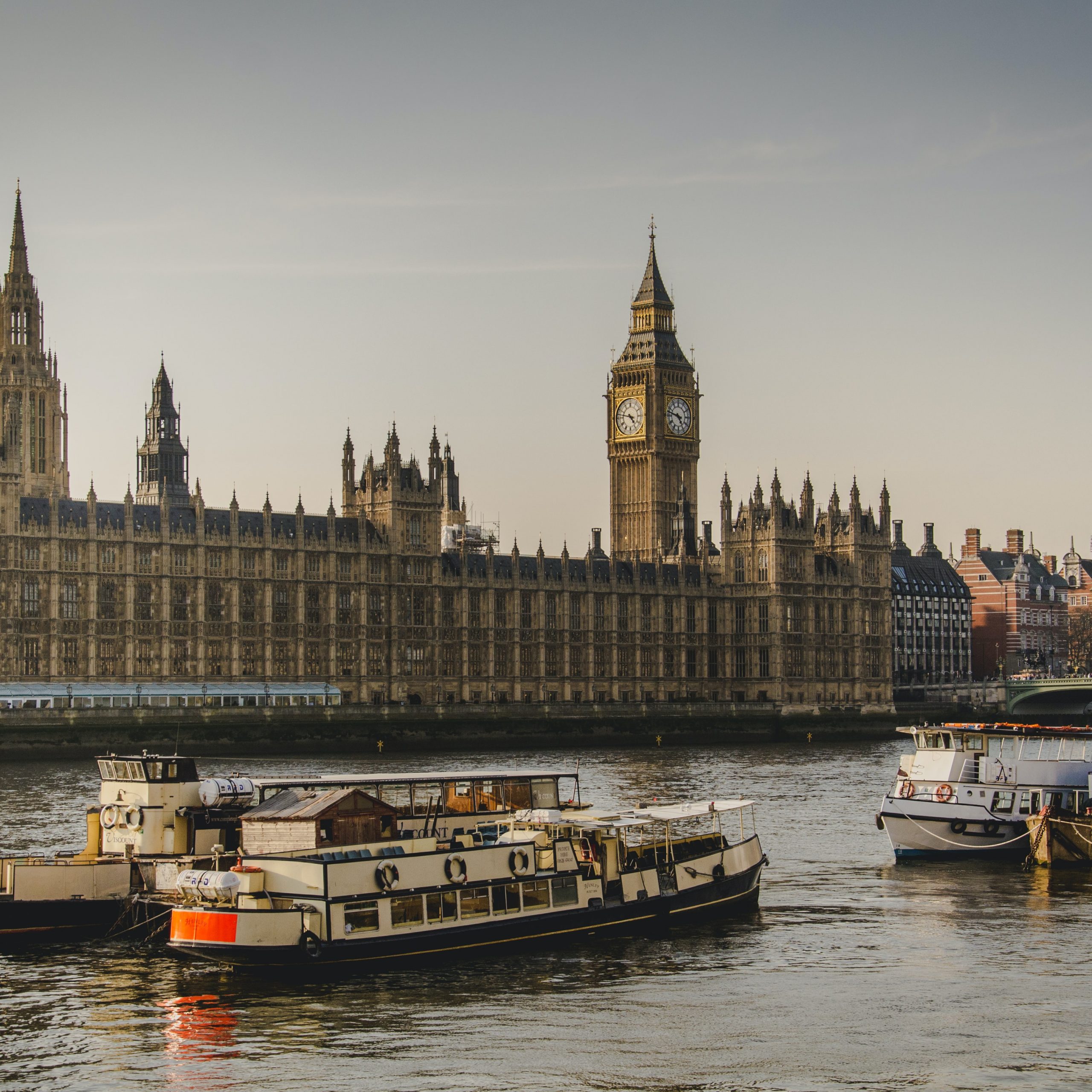The UK economy has had a tumultuous journey since the COVID-19 pandemic hit. It’s reached its lowest point and now it’s likely to reach its highest point as well. The UK economy contracted by 9.9% (CNBC) in 2020, which was considered to be the largest drop since the Great Frost in 1709.
The reason behind this is that the largest earners of the UK’s GDP were suffering due to the pandemic. The UK economy is largely fuelled by the services sector, and tourism plays a big role in it. 70.9% of the GDP (Statista) in the UK was from the services sector and 17.83% was from the manufacturing sector, both of which were heavily impacted during the lockdowns. If the industries and sectors that contributed towards more than 88% of the GDP were suffering, the fallout was expected to be a big one.
The gap began to close towards the final quarter of 2020 and the first quarter of 2021 actually saw some positive development in the UK. People adjusted to the new normal of the pandemic and readjusted their spending habits. Industries slowly began to open up, and things were looking up.

Currently, the UK economy has seen unprecedented growth, at least in the last 80 years. The GDP is expected to grow by 7.6% (The Guardian) in 2021, which is the fastest growth of annual income observed since 1941. If the forecasts are accurate, then the UK economy would have fully recovered from its pandemic losses by the end of this financial year.
What does the rebound mean for the UK?
The growth predictions for the UK economy arose towards the end of 2020, despite the repetitive rolling of lockdowns. It seemed like every time the citizens were ready to start their lives again, there was a new wave or a new variant forcing them to close shop. The UK economy has maintained its growth despite these circumstances, and will likely continue to grow for the next few months.
Some people are calling it an economic boom, while others are calling it a bounce back. It does not matter what it is called as long as the country starts to prosper again. The world suffered throughout 2020, and economic downfalls were observed by countries on the entire planet. The backlash was inevitable, and growth was expected to be extremely slow. The growth observed in the UK economy has surprised many around the world, and even though all the country is doing is bouncing back to what the economy was like in 2019, it is still doing it incredibly fast.
There are other positive factors influencing this growth as well. The UK government is helping unemployed individuals ‘bridge the gap’ in their income by providing subsidies and relief to those who are in need. The number of people who are on furlough and who will need this assistance is also predicted to reduce by the end of this year. The number is expected to drop to 2.75 million (BBC) individuals from the original 5 million people. The unemployment rate has also reduced drastically in the last few months, dropping from nearly 8% to 5.5%.
The vaccination drives have played a big role in helping the economy build back to its original state. Since all economies thrive on certainty, it is important that the citizens of the country feel secure enough to spend their money. Finally, after reopening and lifting all restrictions, and the fast speed of vaccinations, more and more citizens are becoming fully vaccinated and feeling more secure than ever.
Even though people are still afraid of spending big, the reopening of the markets and venues will provide the encouragement to get the citizens of the UK to dip into their income and savings and spend on all the things they missed so much in the last year – going out to eat, travelling, shopping, and more. It is not a saver’s economy right now, it is a spender’s economy in the UK, and that is what is helping the country’s economic boom.
Read also: UK economy to grow 5.1% in 2021 – Road to recovery post the second wave
What else is happening right now in the UK?
While there is good news all round in the country, there are some other instances occurring that might not be as positive. The first is the ‘pingdemic’ that has come to the rise with the economy opening up. The NHS COVID-19 app sends out notifications to individuals if they could have come in contact with anyone who has tested positive for Coronavirus, and it recommends that the person self-isolate even if they have been fully vaccinated and do not have any symptoms.
This ‘pingdemic’ was born due to the rising number of cases caused due to the delta variant, where the UK recorded more than 50,000 positive cases (Reuters) in a day in July. This took place right before the lockdown and restrictions were lifted, which added to the fear factor in the people. As more and more employees take the recommended self-isolation period, the manufacturing and service industry faces inconsistency in the output of their work which can lead to problems in their revenue.

The second factor that could affect this boom is the restrictions on inbound tourism. While the citizens of the UK are allowed to travel to other amber list countries if they have been vaccinated freely, there are still travel restrictions imposed in parts of the UK for inbound tourists. Some places have local quarantine regulations imposed, even for those who have been fully vaccinated. This can pose a problem as the tourism industry is a high earning sector for the UK economy.
Tourism and related industries generate a revenue of nearly £28.5 billion annually, and this influx of income can really boost the GDP growth for the country. People want to visit the UK from other countries. People have been cooped up for too long and now that it is finally relatively safe to travel to other countries, they want to visit. But, they do not want to spend a big part of their trip in quarantine. If there is a 5 to 7 day quarantine period imposed in the best case scenario, and a full 14 day quarantine period in the worst case scenario, potential tourists will feel discouraged to travel to the country. They do not want to spend time and resources to quarantine.
These restrictions and constraints can really hamper the positive growth and boom that is being observed in the economy.
Is the economic boom in the UK going to last?
Market research services are adept at identifying trends and forecasting to help paint an accurate picture of the state of the country’s economy. Even with the current economic boom, there is a possibility of a slight downfall in the growth rate of the annual GDP. There are worries of inflation as the current rate of inflation has already crossed the 2% prediction mark provided by the Bank of England.
There are other factors that are a part of this inflation as well. There are abundant job openings in the market currently available, but there is a shortage of applicants. This is especially true in the supply chain sector, as the large number of people who were laid off last year have already found replacement jobs to supplement their income. The lack of capacity available to meet the demands can lead to hindrances in the supply chain industry, which will only affect the manufacturing and trading industry.
The new guidelines for import of raw materials imposed by the EU is also causing delays in transportation and production, thereby causing delays in the shipping industry, and leading to more chaos in the supply chain industry. These delays are causes of worry for the economic growth in the UK, and they are building uncertainty in the market.
The rate of inflation in the UK is expected to follow the rate of inflation in the US, which has already crossed the 5% (CNBC) mark in July. So while the reports of the economic recovery and boom are positive, there is a chance of it not materializing all the way through. There has been a slowdown of growth rates in the service industries across all of Europe as well, which only furthers this assumption.
There is no way to determine what will happen for sure because the economic boom in the UK came as a surprise. The future will become a lot more stabilized if the employment rates continue to drop, the job vacancies get filled, the crunches and issues in the supply chain sector stabilize, and the restrictions on tourism continue to ease for international visitors.
These are a lot of factors to take into consideration, but the most important one of them is the COVID-19 variants. If the delta variant is under control over the next month or so, and if there are no more highly-infectious variants of the virus making the rounds across the country, the economy will be bound to recover at a much faster pace.
Overall, the likelihood of a complete economic recovery is still quite high, so the UK government and its citizens can finally let their hair down and relax.









